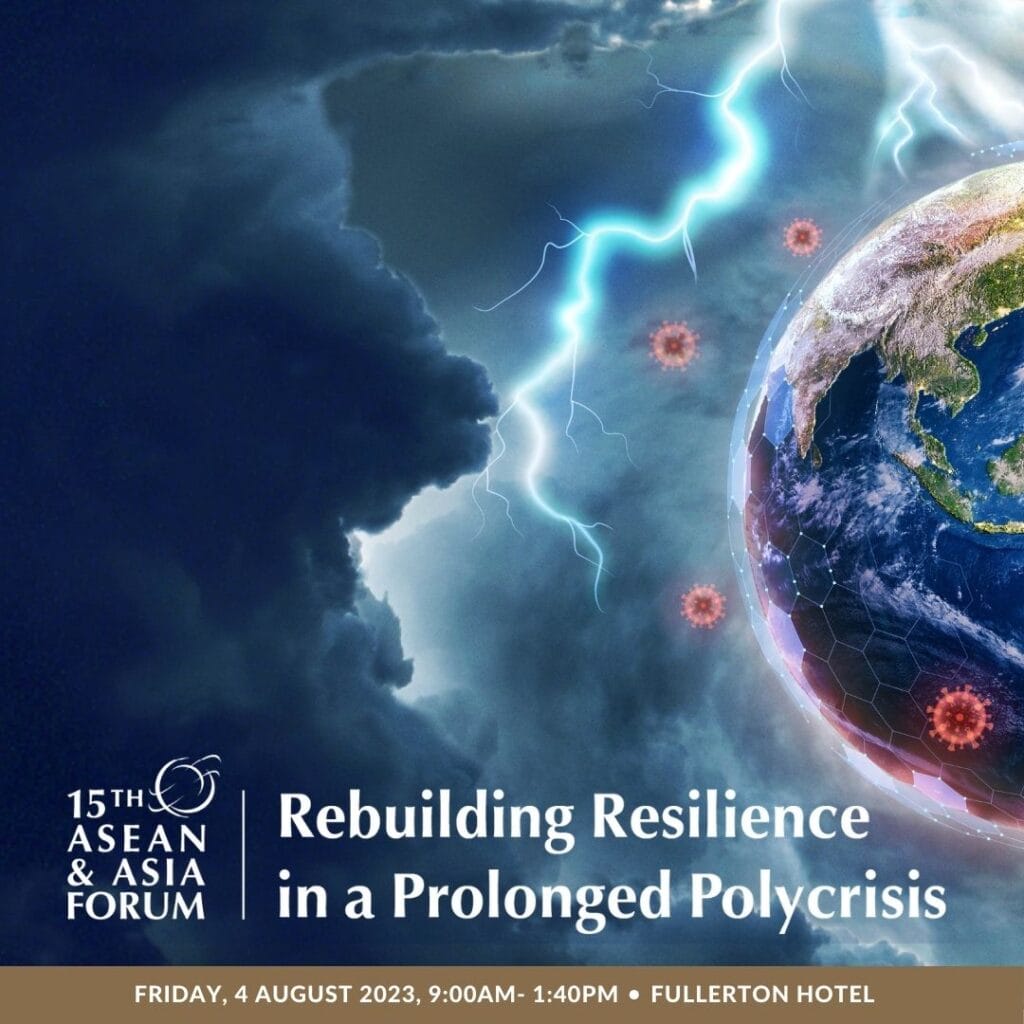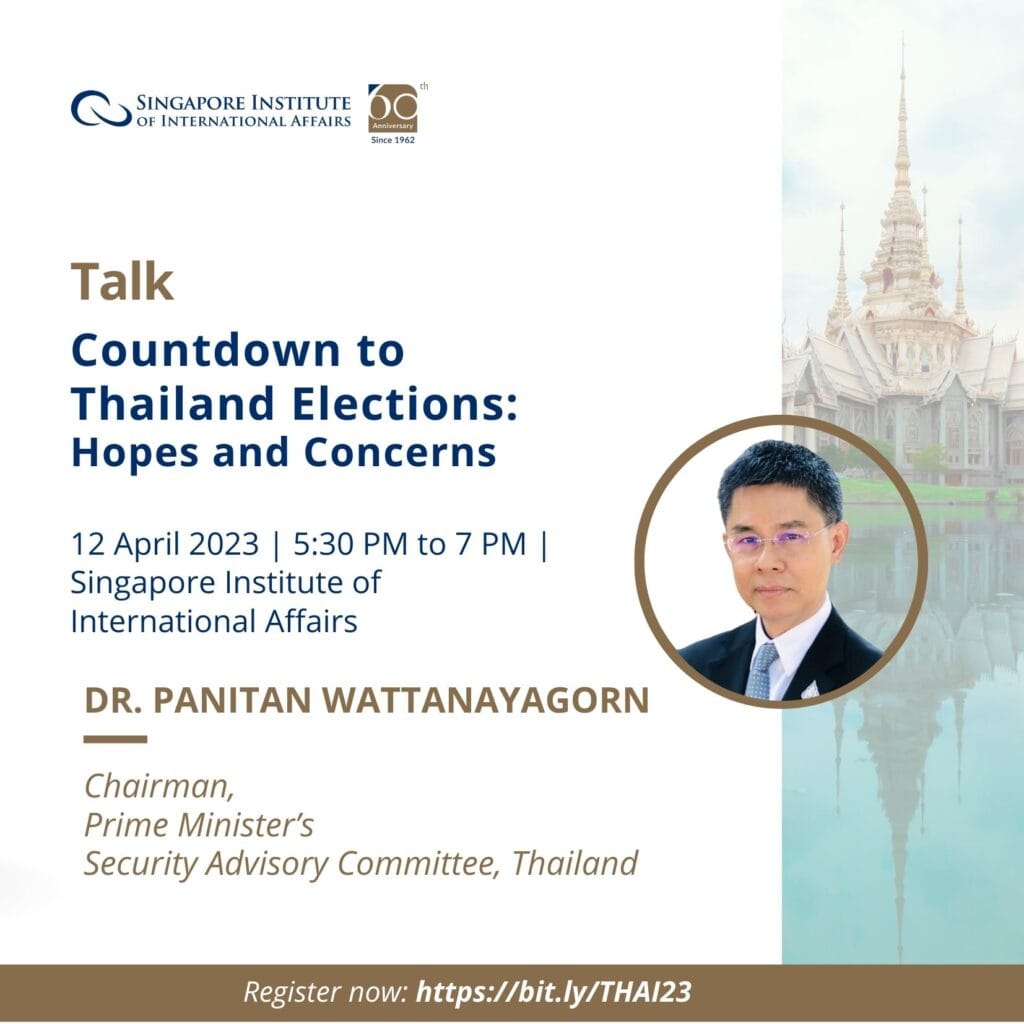Global consumption is increasing in the wake of post-pandemic reopening. At the same time, policymakers, businesses, and consumers are conscious of the dangers posed by deforestation and loss of biodiversity. At the COP26 and COP27 climate talks, countries made pledges to protect and restore the world’s forests. Within the ASEAN region, Indonesia has set an ambitious target of turning its forestry and other land use (FOLU) sector into a net carbon sink by 2030. Other Southeast Asian economies are expected to adopt similar pathways on the road to net zero.
ASEAN’s plantation sector will be at the forefront of the region’s transition. Agribusinesses will need to meet tighter environmental requirements from global supply chains. Beyond meeting the market’s demand for commodities, agribusinesses will play a role in emerging areas such as the use of biomass in electricity generation. Cross-border and multi-stakeholder cooperation is needed to ensure that products from the region are seen as green on the global stage, and that the global low-carbon transition is also a just transition for ASEAN.
Even as ASEAN looks to the future, there is also some immediate urgency in 2023. The weather is turning drier after three years of unusually high rainfall, going from La Niña to El Niño conditions, increasing the risk of forest and land fires in the region. In this context, businesses and policymakers must work to ensure that plantations and forests remain a source of climate opportunities rather than a source of climate risks.
The 10th Singapore Dialogue on Sustainable World Resources (SWR) will explore the following questions:
How can ASEAN economies make use of their resources and natural capital to enable the green transition, and how can businesses and financial institutions in Singapore support this?
How will anti-deforestation regulations affect global trade? How can ASEAN and developed economies work together to support livelihoods and the region’s green transition?
What are the opportunities for businesses and investors in ASEAN’s plantation and commodities sector, amidst the global demand for sustainable products and clean energy?
Highlights
This year’s SWR marks the 10th anniversary of the dialogue. The 10th SWR will take a retrospective look at the ASEAN region’s progress in achieving sustainability in the agribusiness sector and past milestones of the SWR platform, while also looking ahead at the emerging trends shaping climate action and ESG. For the past decade the SWR has brought together stakeholders from different sectors to discuss solutions for a more sustainable ASEAN. The SIIA invites private sector companies to highlight or announce sustainability commitments and frameworks at the 10th SWR.
The SWR attracts significant media coverage and has been featured prominently on platforms including Antara News, Bangkok Post, BBC, Bernama, Channel NewsAsia, Eco-Business, the Jakarta Post, Lianhe Zaobao, The Straits Times, and TODAY.
Target Audience
Around 300 ASEAN stakeholders will be invited to participate in person. These include delegates from government agencies, private sector representatives, especially those from the agribusiness and forestry sectors, financial institutions, non-governmental organisations, as well as academics and members of the media.
Programme will be available here.




